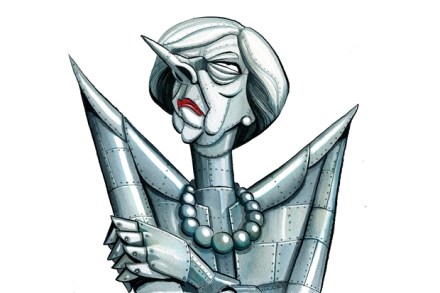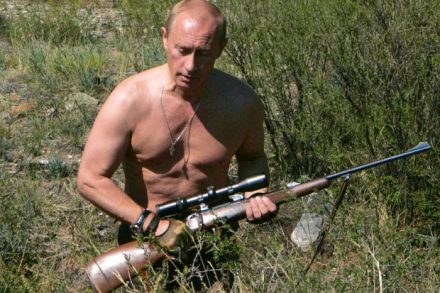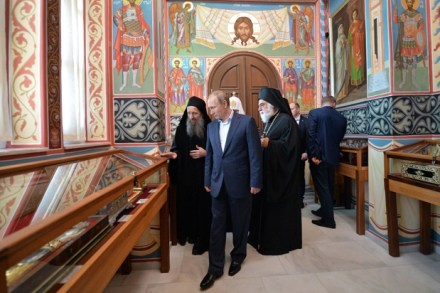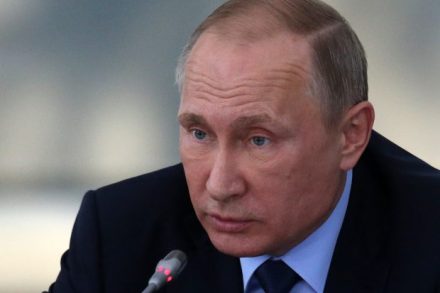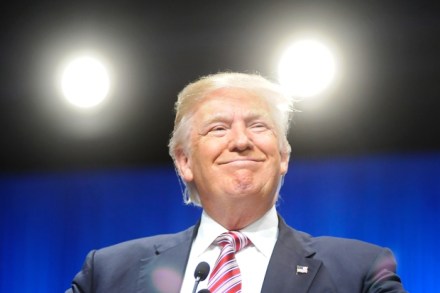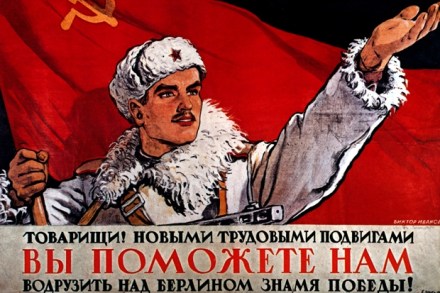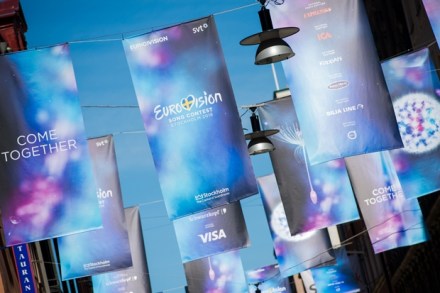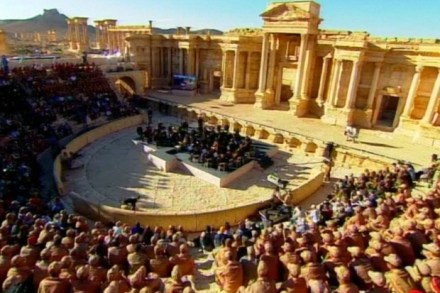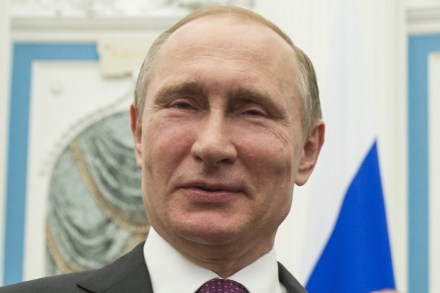The Spectator podcast: The age of May
The Conservative party conference starts this Sunday in Birmingham. It will be the first time that Theresa May has addressed the membership at large as leader, but in the background there are rumblings of division. Are the Cameroons preparing a rebellion on grammar schools? Are any cabinet positions currently vulnerable? And how long can the honeymoon last for Theresa May? Isabel Hardman is joined in Liverpool by Fraser Nelson and Matthew Parris, and from London by James Forsyth, who says on the podcast: “I think the intriguing thing about Theresa May is this is a politician who’s been on the Tory front bench for 17 years, but everyone – from cabinet ministers to civil servants
